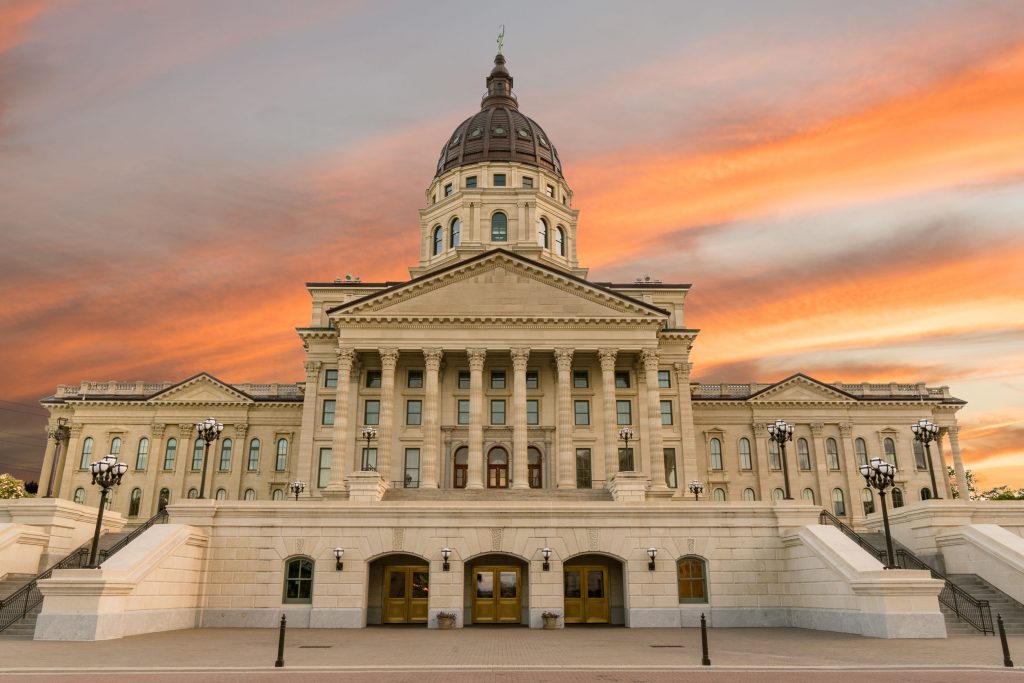A well known economic “rule of thumb” is the concept that consumer purchases take up around 70% of the area’s economy. Therefore what does it say for Kansas’s economy if the tax from consumer purchases hasn’t grown for five straight months? The answer? It doesn’t say good things.
See the October Fiscal Year 2019 Report here.
The Kansas Policy Institute noticed the poor trend of sales tax revenues last month.  Reported by the Governor’s Budget Office, the latest report (click to enlarge) shows the state of Kansas gaining roughly $220 million over the same time last year. However, 82% of that growth was due to income tax, specifically, the underestimated and record-setting 2017 tax increase.
Reported by the Governor’s Budget Office, the latest report (click to enlarge) shows the state of Kansas gaining roughly $220 million over the same time last year. However, 82% of that growth was due to income tax, specifically, the underestimated and record-setting 2017 tax increase.
Sales tax, the second largest revenue source, grinding to a halt means Kansans are buying fewer goods and services when factoring in inflation. Meanwhile, everyone else in the country is bolstering their spending and giving high expectations for this holiday season. This tax revenue report is just another sign of the stagnating economic performance.
Kansans seems to be responding to the state’s fiscal policies. Sluggish sales tax means Kansans are unsure it’s financially sound to splurge on the holidays, or eat at restaurants. They are still feeling last year’s tax increase, and don’t want higher taxes to close the persistent state fiscal gap. It will be telling how much more Kansans may respond under another possible tax increase. A tax increase that may be needed if the state is to balance the budget over the next four years. Be skeptical of media reports of a budget surplus from this report. While tax revenues are up, it has come at a price for Kansas families.




